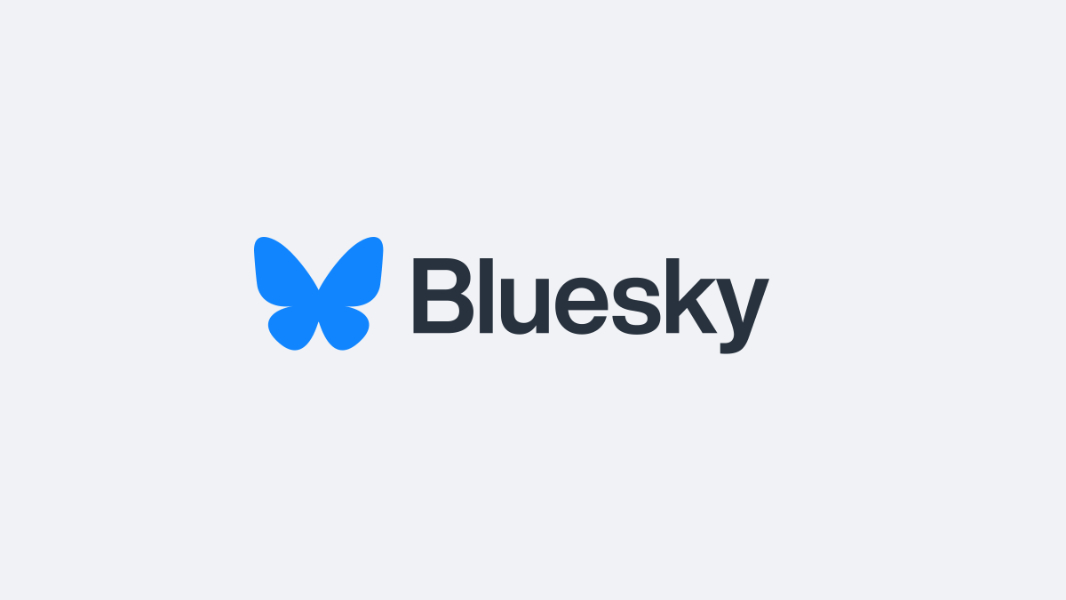Bluesky Now Allows Users to Self-Host Their Data
- Laurent Giret
- Feb 23, 2024
-
1

Bluesky, the microblogging platform that recently opened its doors to all users has just crossed a new milestone in its decentralization/federation journey. The social network is now allowing users to self-host their personal data instead of keeping it on the Bluesky servers.
Since it launched in private beta last year, Bluesky has aimed to provide an open alternative to Twitter and other social centralized networks. The app leverages the company’s AT protocol, a networking technology designed to create a federated network of social apps like the Bluesky platform.
Windows Intelligence In Your Inbox
Sign up for our new free newsletter to get three time-saving tips each Friday — and get free copies of Paul Thurrott's Windows 11 and Windows 10 Field Guides (normally $9.99) as a special welcome gift!
"*" indicates required fields
In its blog post announcing the ability for Bluesky users to host their own data, the team argued that there’s no reason why social media platforms shouldn’t operate like the Internet already works: That is, anyone wanting to create a website being can choose how to host it. Giving this same freedom and control to Bluesky users should also ensure that a single company isn’t in the position to decide what can and cannot be posted on the platform.
“The ability to host your own data, just as you might run your own website, provides the fundamental guarantee that social media will never again be controlled by only one company,” the Bluesky team explained. “Even if Bluesky were to disappear, if the data is hosted across different sites, the network can be rebuilt.”
Bluesky will continue to suggest new users store their data on their company’s servers. However, all users will now be able to store their data elsewhere. Users will also always have the ability to move their data to another provider while keeping their posts, likes, and social graph.
“The version of federation that we’re releasing today is intended for self-hosters. There are some guardrails in place to ensure we can keep the network running smoothly for everyone in the ecosystem,” the company explained. “After this initial phase, we’ll open up federation to people looking to run larger servers with many users,”
While self-hosting your Bluesky data sounds like a good thing on paper, this is clearly for power users and developers who are willing to pay for it and are ready to deal with any technical issues. A separate post on the Bluesky developer blog detailed the various early access limitations, with a list of dos/don’t to prevent the app from becoming unusable.
The Bluesky team also made it clear that the ongoing work to support federation is not going to make the app work like Mastodon. The latter is also a decentralized platform with different servers you can join (or create yourself), but in practice, it’s difficult to keep up with what’s happening on Mastodon as all users are spread out across different servers.
“On Bluesky, server choice doesn’t affect what content you see,” the Bluesky team explained. “Servers are only one piece of the protocol — when you browse Bluesky, you see posts that are pulled together from many different servers. This is why you can change your server after signing up without losing your username, friends, or posts.”
The people at Bluesky and Mastodon deserve credit for developing decentralized and federated alternatives to established platforms like Twitter/X or Facebook. However, the hard truth is that change is difficult, and most people are probably more likely to stick with what everyone else already uses.